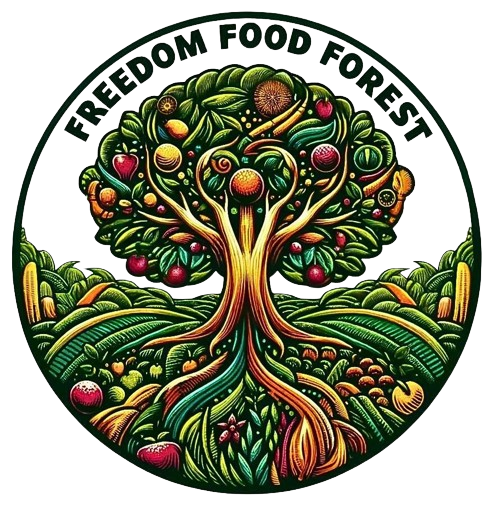Top 10 Perennial Plants for a Thriving Food Forest In Southwest Florida
Creating a food forest in Southwest Florida involves selecting the right perennial plants that will thrive in the subtropical climate, provide a continuous harvest, and contribute to a resilient ecosystem. Here are the top 10 perennial plants to consider for a productive and sustainable food forest in this region.
1. Moringa (Moringa oleifera)
Known as the "miracle tree," moringa is a fast-growing, drought-resistant tree that offers a multitude of benefits. Its leaves are highly nutritious and can be used in salads, smoothies, or as a cooked green. The tree also produces edible pods and seeds, which can be used to purify water.
2. Chaya (Cnidoscolus aconitifolius)
Chaya, or tree spinach, is a robust perennial shrub that thrives in Southwest Florida. Its leaves are rich in protein, vitamins, and minerals. They must be cooked before consumption to neutralize toxic compounds. Chaya is easy to grow and highly productive, making it a valuable addition to any food forest.
3. Katuk (Sauropus androgynus)
Katuk is a tropical shrub that produces edible leaves and young shoots with a slightly nutty flavor. It grows well in partial shade and is a prolific producer. The leaves are rich in protein, vitamins, and minerals, making Katuk a nutritious and versatile plant for your food forest.
4. Everglades Tomato (Solanum pimpinellifolium)
This wild cherry tomato variety is well-adapted to the heat and humidity of Southwest Florida. Everglades tomatoes are small, flavorful, and highly productive. They require minimal care and are resistant to pests and diseases, making them an excellent choice for a low-maintenance food forest.
5. Banana (Musa spp.)
Bananas are a staple in many tropical food forests. They provide shade, organic matter, and delicious fruit. Choose varieties like Dwarf Cavendish or Lady Finger that are well-suited to the local climate. Bananas thrive in nutrient-rich, well-drained soil and require regular watering.
6. Longevity Spinach (Gynura procumbens)
Longevity spinach is a hardy ground cover that produces nutritious leaves year-round. It is easy to grow, tolerates a variety of soil conditions, and thrives in partial shade. The leaves can be eaten raw or cooked and are believed to have numerous health benefits.
7. Pigeon Pea (Cajanus cajan)
Pigeon pea is a drought-tolerant legume that improves soil fertility by fixing nitrogen. It produces edible seeds and pods, and its young leaves can be used as a vegetable. Pigeon pea also provides excellent forage for livestock and attracts beneficial insects to the food forest.
8. Surinam Cherry (Eugenia uniflora)
Surinam cherry is a small, evergreen tree that produces sweet-tart fruits high in vitamin C. It is well-suited to the subtropical climate and can be grown as a hedge or standalone tree. The fruits can be eaten fresh, juiced, or used in jams and desserts.
9. Cassava (Manihot esculenta)
Cassava, or yuca, is a root crop that thrives in poor soils and tolerates drought. It produces large, starchy roots that are a staple food in many tropical regions. Cassava leaves are also edible when cooked. Planting cassava in your food forest ensures a reliable source of carbohydrates.
10. Passion Fruit (Passiflora edulis)
Passion fruit is a vigorous vine that produces aromatic, delicious fruits. It requires a trellis or support to grow and prefers full sun. Passion fruit vines attract pollinators and beneficial insects, contributing to the overall health of your food forest.
Conclusion
Incorporating these top 10 perennial plants into your Southwest Florida food forest will create a resilient, productive, and sustainable ecosystem. These plants are well-suited to the local climate and soil conditions, providing a continuous harvest and numerous benefits for your food forest. Happy planting!

